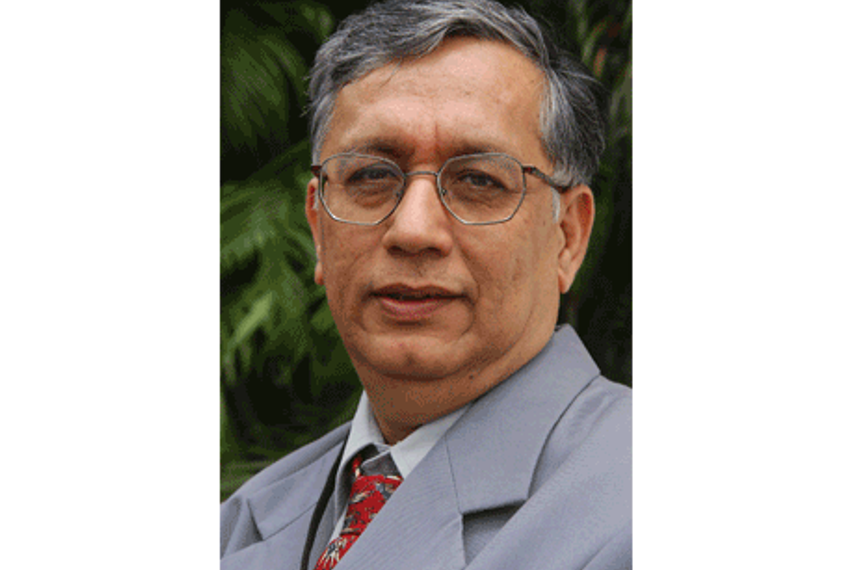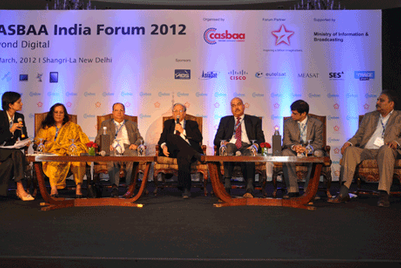
How according to you is the industry moving towards digitisation in phase two for 38 cities?
Though national MSO players have well and truly charted their development plans, the deadline of March 31, 2013 for 38 cities is unrealistic. It is impossible to achieve 100 per cent digitisation for 38 cities across fifteen states within the stipulated deadline, and I guess the government will sooner or later revise the dates. By March 31, 2013, I expect about 20 to 25 cities to get digitised.
Talking of Digitisation in the four metros – while Mumbai, Delhi and Kolkata have done well, Chennai remains a big area of concern. What are the problems in Chennai, and why aren’t we seeing the penetration of digital Set-top-boxes (STBs) there?
The problem with Chennai is that there is a case pending at the Madras High court and there is a lack of clarity as to when broadcasters could switch off analog signals in the city. Also, a major MSO player is yet to receive a DAS license from Ministry of Information and Broadcasting. Over and above these problems, as you’ve correctly pointed out, there aren’t enough STBs to accommodate the demand.
By when do you think Chennai will see complete digitisation?
Complete digitisation in Chennai will take a while. But, I think we will see substantial implementation by March 31, 2013.
What are the main concerns and challenges that MSOs are facing currently?
MSOs need to find funds and be absolutely ready for digitisation across India. Another challenge is to see if there is a way to minimise the cost of STBs. The current costs are way too high and that is one of the reasons why we haven’t seen penetration of STBs in Chennai. Also, the industry should look at tax incentives for the purchase of STBs.
What are the acceptance levels in smaller towns and even rural areas from the consumer end? Do you think the industry (including all players) has done enough to educate them on digitisation?
Smaller cities are aware of advantages of digitisation, but these markets are likely to go for ‘value for money packages.’ Unfortunately, the government or the Telecom Regulatory Authority of India (TRAI) has not put up an organised effort to educate the masses of this whole digitisation exercise.
Do you think the profits of major MSOs will take a beating as carriage fees will drastically go down? How can they look at increasing their margins in a situation like this?
With increasing capacity, carriage fees are bound to see a decline. But I do not think that will impact overall performance of large MSOs.
Is increasing penetration of DTH a threat to MSOs?
As we speak, DTH has a 30 per cent share as against 70 per cent of digital cable. DTH is a phenomena more in the metros. The subscriber base is growing for DTH but that is not a matter of worry for MSOs. The key (for MSOs) is to focus on customer service and look at delivering better consumer experiences, an area where DTH players are known to do well.
What is your view on data pilferage to non-digital subscribers? Shouldn’t the government proactively come up with answers to the issue of data pilferage?
Data pilferage is a criminal offence. So yes, you’re right, the government needs to look into this and act as soon as possible. Everybody knows pilferage is illegal. The onus is on the government to take necessary action.
Is it true that cable operators are against digitisation and that they’re trying to delay the process (especially in markets like Chennai)?
No, I do not agree. The cable industry fully supports digitisation. Even in Chennai. Please understand that Chennai has peculiar problems and it’ll take some time for all issues to get resolved.


.jpg&h=334&w=500&q=100&v=20250320&c=1)
.jpg&h=334&w=500&q=100&v=20250320&c=1)


.jpg&h=334&w=500&q=100&v=20250320&c=1)
.jpg&h=334&w=500&q=100&v=20250320&c=1)



.jpg&h=334&w=500&q=100&v=20250320&c=1)



.jpg&h=268&w=401&q=100&v=20250320&c=1)

_3.jpg&h=268&w=401&q=100&v=20250320&c=1)
